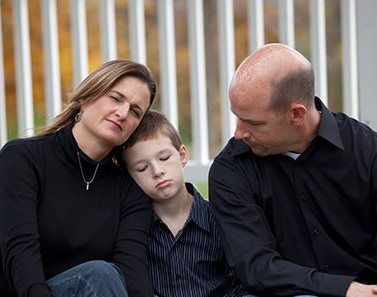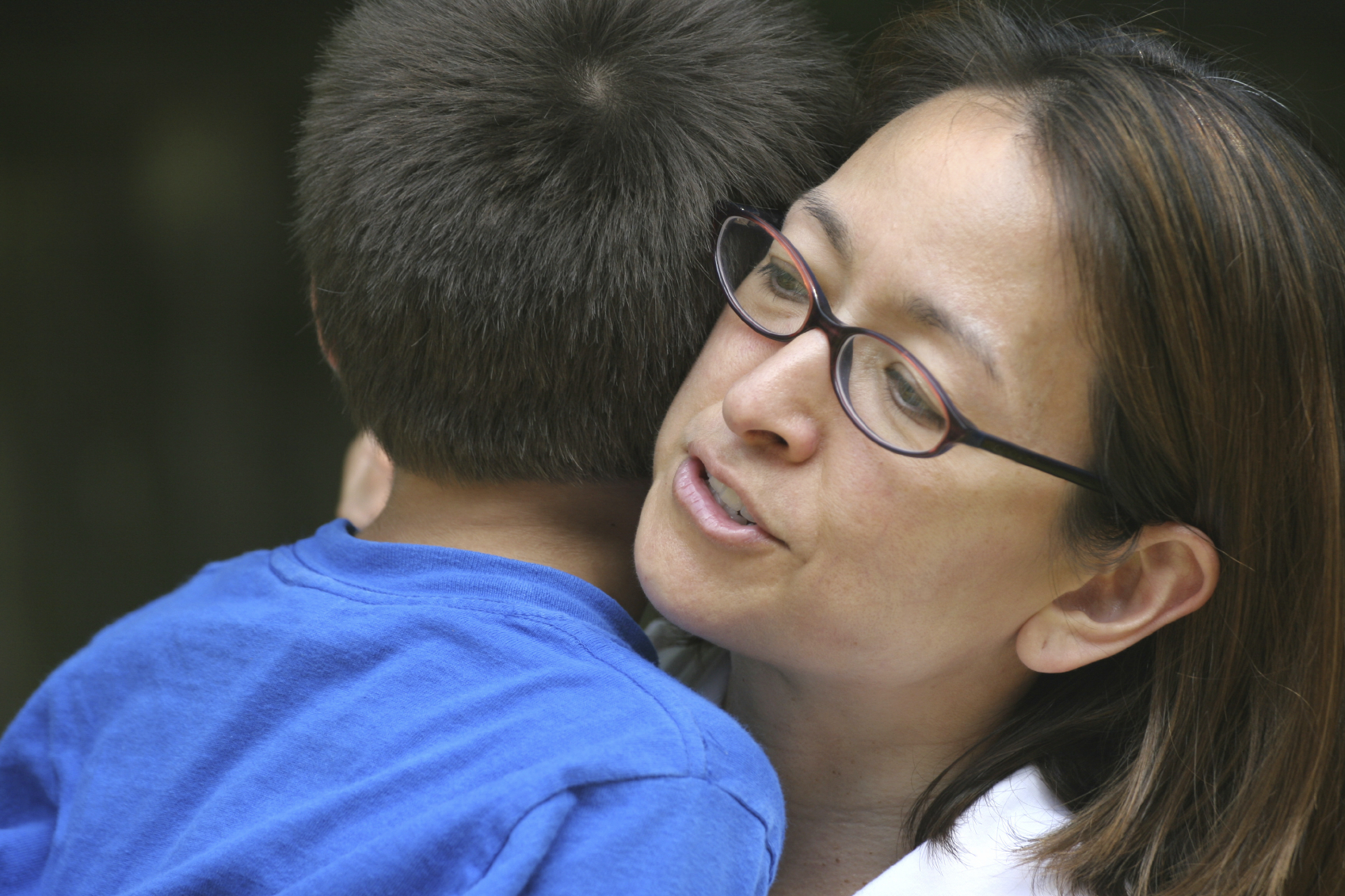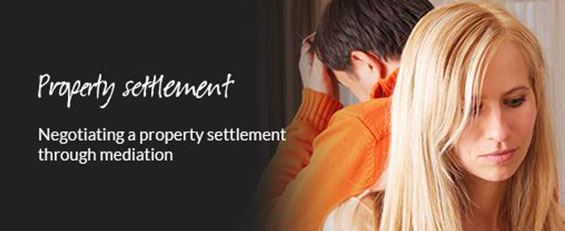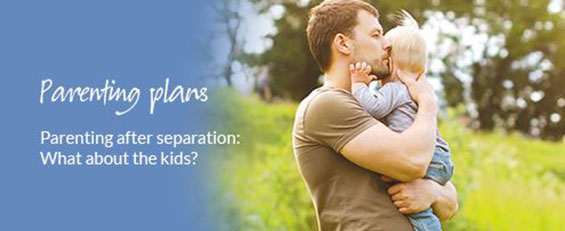Family Dispute Resolution and Family Law

Legal terms can be confusing. Family Dispute Resolution is the name that the Family Court uses to describe mediation. Mediators are known as FDR Practitioners. Janine is an accredited FDR Practitioner with the Australian Attorney-General’s Department.
When you can’t agree on how you’ll split up your money or share the parenting of your children after you separate, you can come to mediation (Family Dispute Resolution) to try and reach agreement. You’ll have much stronger chance of avoiding the cost and hurt that the legal process often causes if you do.
At You, Me & Us, accredited FDR Practitioner Janine Moran looks after mediation. As a specialist family mediator focusing on relationships, Janine aims to help you get to better outcomes with less stress and a greater sense of personal power.
What can you talk about at Family Dispute Resolution?

You can discuss anything you and your ex-partner need to discuss and work towards resolution during this process
Common examples of what you can discuss are:

Agreements about spousal maintainance;

Contact of children with their grandparents and extended family;

Dividing up your assets and property;

Private aggrements around child support;

Parenting arrangements for your children- Where your children live, the time they spend with each of you, how you make decisions about their health and education and what happens at Christmas;

How to communicate successfully after you’re separated;
Is mediation compulsory? Do I have to go to mediation?

In many cases coming to FDR (Family Dispute Resolution) is compulsory if you want to go to Court to argue about shared parenting arrangements with children.
In many cases coming to FDR (Family Dispute Resolution) is compulsory if you want to go to Court to argue about shared parenting arrangements with children. This has been the case since 2006 when mediation was identified as a constructive way to help resolve conflict and keep matters from choking up the Family Court system. It has been a spectacular success – the number of expensive fights in Court, have reduced significantly since mediation was fully endorsed.
For example, if your case isn’t considered urgent and is a fairly straightforward case without safety issues, you might need to attend mediation and get a certificate from a mediator to say you’ve tried mediation before you can go to Court. If you are unsure about this, it is an important issue to check out with your lawyer.
Some people go to Court to contest matters to do with their children and are ordered back to mediation by a Family Court judge.
What are the steps involved?
- You call us and arrange a pre-mediation session. This is where you meet with Janine in a private for 60-90 minutes and discuss your case. She hears your point of view and you tell her what you’re hoping to get out of the mediation. We invite your ex-partner to come along and we arrange for Janine to meet and talk to them in private too.
- At your individual meetings you’ll discuss the best way to run the mediation – with both of you in person in our mediation rooms, or perhaps with each of you in separate rooms (called a “shuttle mediation”) or with one of you on the phone or a videoconferencing link. Janine is required under Family Court Legislation to decide after meeting both parties if the case is suitable for mediation. Not all matters are suitable.
- If the matter is suitable, we arrange a time for what we call a “joint session” which usually goes for 2 to 3 hours. Read our tips on how to prepare for a joint mediation session on either parenting or property.
- At the joint session you will each be asked to say a few words about what you are hoping to get out of the mediation, and then an agenda of the issues is drawn up. We start talking about the issues and as we come up with agreements we capture them in writing. It is very important that nothing gets written on the board unless you both agree 100% with every word.
- There are breaks in the mediation where you can check in privately with Janine – it is important that you are comfortable with how things are going and are not feeling pressured or bullied to agree to something that you’re not happy with.
- Given that circumstances vary significantly from couple to couple, mediation can be achieved in one or over a number of sessions. Mediation is about reaching an agreement – this is done in as many sessions as you may need for you both to be satisfied with the outcome.
- At the end of the sessions you receive a printed copy of your agreements. You can keep them as non-legally binding agreements that you are both willing to stick to, or take them to a lawyer and have them drawn up into legally binding Court Orders.

